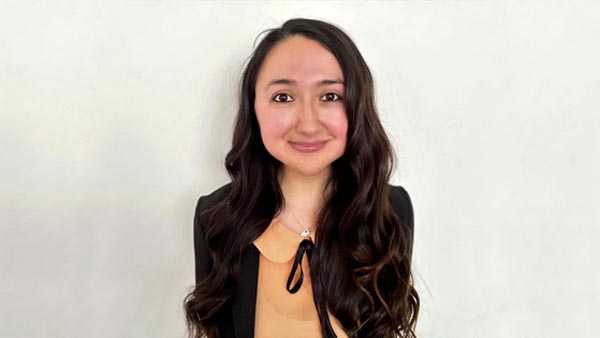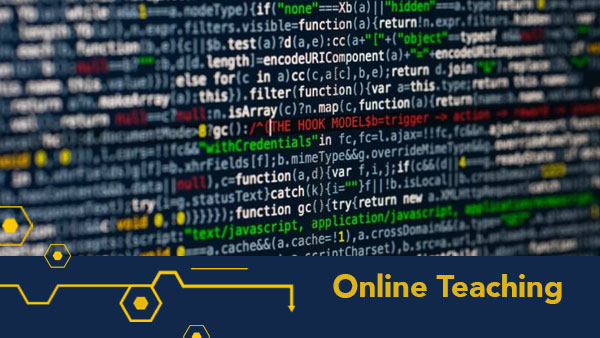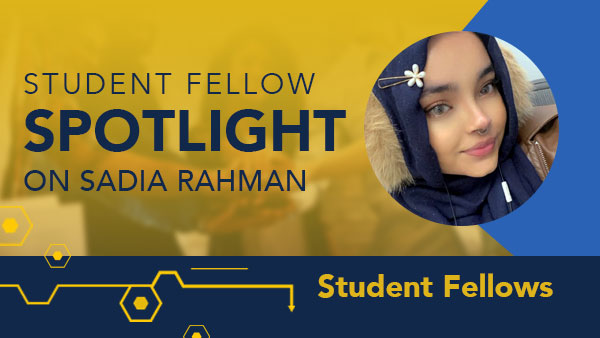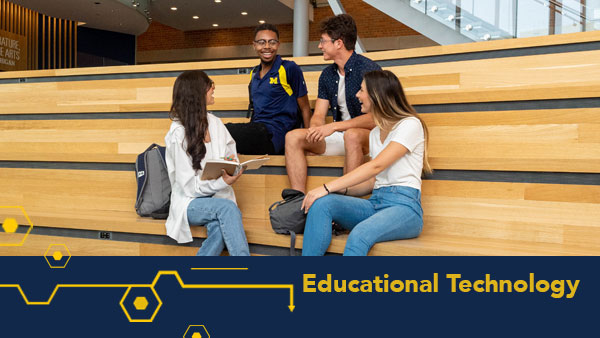Astrid N. Zamora, MPH, Doctoral Candidate, Nutritional Sciences, University of Michigan School of Public Health
@AstridNZamora

As the reality of the COVID-19 pandemic became clearer in the United States in March 2020, many public health students began serving as experts among their social circles. These students also needed to find ways to cope with the transition to remote learning. Higher education experts have commented on the potential long-term mental and academic implications of the remote learning transition (1). Yet, there is little to no information on the impact (i.e., challenges, benefits) that remote learning may have on public health students’ training during a global public health crisis. There is also a gap of knowledge about how training during a pandemic may shape future career goals for public health students.
As a 2018 Master of Public Health (MPH) graduate, I can attest to the importance and value of a professional MPH degree program’s hands-on and applied elements. Elements such as service-learning and summer internships allow MPH trainees to gain work experience, learn, apply new skills, and potentially lead to employment opportunities. With the vast majority of University of Michigan schools and departments transitioning from traditional face-to-face teaching to remote or hybrid learning, including the School of Public Health (SPH), most students and instructors are learning and teaching in unknown territory.
During Winter 2020, when we first transitioned to online learning, I worked as a graduate student instructor for a large (~190 students) core graduate-level course that all MPH students are required to take. One of the biggest challenges I heard from students was working on their collaborative group project, given that they could no longer meet in-person with their group members. Reflecting on my own experience as an MPH student, I began wondering what the implications of the transition to remote learning would be for students enrolled in a degree characterized by hands-on and applied learning and a lot of collaboration with peers.
Eager to learn more about MPH student perceptions and remote learning experiences, I sought mentorship from Dr. Liv Anderson, a faculty member in my department. With her support, we developed a research study that aimed to use written reflections as a mode of obtaining rich qualitative information on the challenges (or benefits) to remote learning among currently enrolled MPH students. By completing this study, I hope that the findings will inform U-M SPH faculty, staff, and students of the varying learning needs and perceived challenges among students to ensure educational equity remains a priority during and following the COVID-19 pandemic. Beyond U-M SPH, the study findings will benefit other public health schools and U-M programs that aspire to work toward educational equity for all students. More broadly, results from this study will provide insights into how the pandemic may be impacting public health students’ long-term career goals in the field of public health.
Aside from the potential remote learning challenges that graduate students may be experiencing during these unprecedented times, many MPH graduate students may be experiencing financial hardships given the limited funding available for most MPH programs in the United States. With financial support from the Center for Academic Innovation – Student AIF, I will be able to compensate all consented study participants for the time spent completing written reflections related to student learning experiences during the COVID-19 pandemic.
To ensure that this project’s findings are widely distributed and accessible to schools and programs outside of UM SPH, the research team intends to publish results via scientific articles, conference abstracts, and other novel modes of science communication. More importantly, as a current graduate student, I can attest to how difficult it has been to be a student during this period of tumult and uncertainty. Thus, I plan to share study findings with graduate students at U-M SPH and beyond to ensure that graduate students are well-informed of the learning challenges that other students might be experiencing with remote learning.
Sources
- Long-term online learning in pandemic may impact students’ well-being | Inside Higher Ed. (October 27, 2020). Retrieved February 4, 2021, from https://www.insidehighered.com/digital-learning/article/2020/10/27/long-term-online-learning-pandemic-may-impact-students-well


